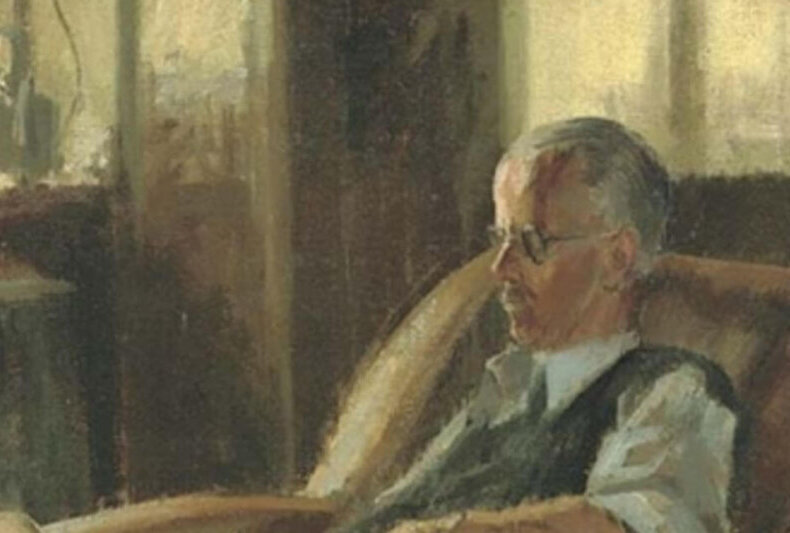Brian Huba’s essays have appeared in the Wilderness House Literary Review, bioStories, Men Matters Online Journal, the Superstition Review, In Parentheses, and the Satirist. His creative nonfiction has been published in 101 Words, Reed Magazine, The Griffin, Down in the Dirt, Literary Juice, and The Storyteller. Brian has placed op-eds in the South Florida Sun-Sentinel, the Democrat & Chronicle, New York's Journal News, the Syracuse-Post Standard, the NY Daily News, and the Utica Observer-Dispatch. Check out Brianhuba.com for more.

